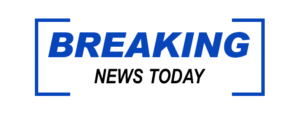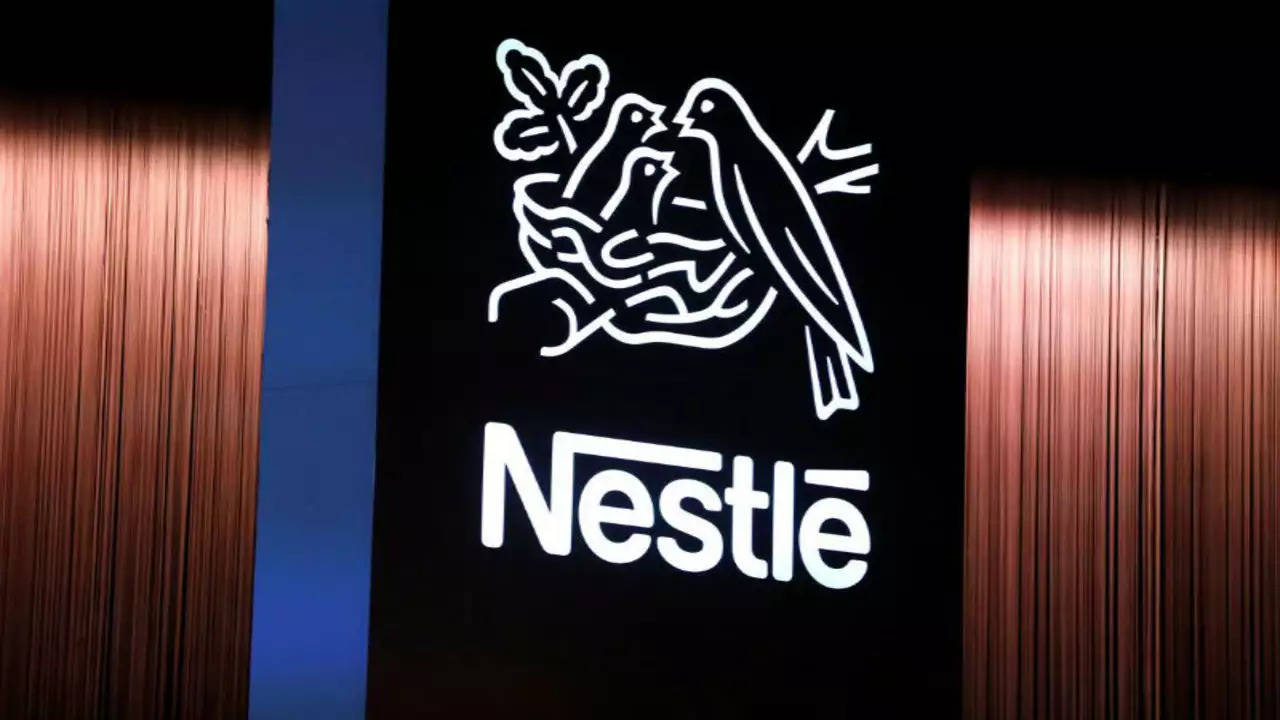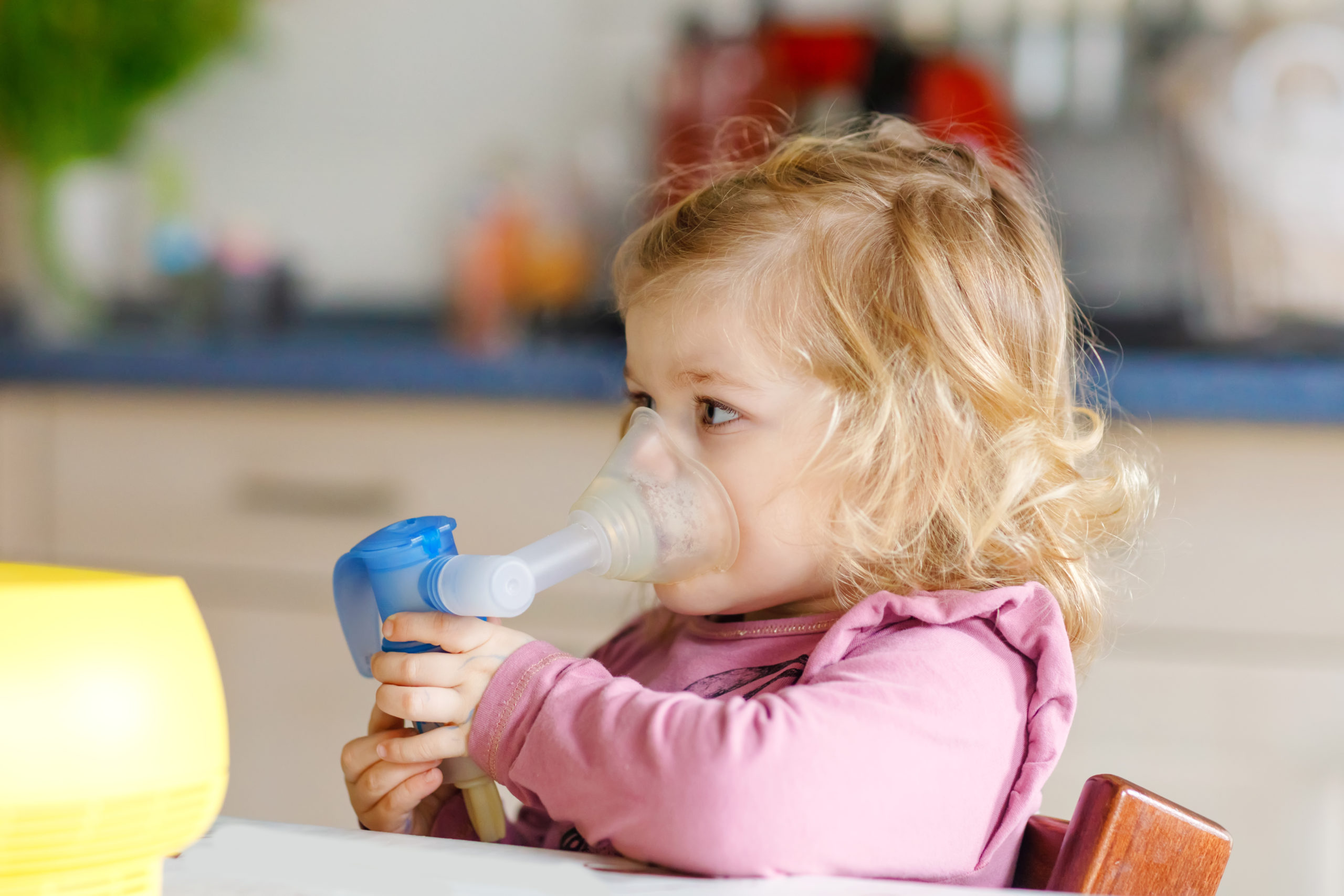In Switzerland, Nestlé’s Cerelac baby cereal proudly boasts “no added sugar” on its label. However, in Senegal and South Africa, this same product contains 6 grams of added sugar per serving, while in the Philippines, a variant for infants aged 1 to 6 months packs a staggering 7.3 grams of added sugar per serving, nearly equivalent to two teaspoons.
This discrepancy in how Nestlé formulates and markets its popular baby food brands worldwide was uncovered in a report by Public Eye, an independent Swiss investigative organization, and the International Baby Food Action Network.
The report alleges that Nestlé adds sugars and honey to certain baby cereals and formulas in lower-income countries, while products sold in Europe and elsewhere are promoted as “no added sugars.” These disparities, revealed in the report published in the BMJ in April, have raised concerns among global health experts.
Nestlé responded on its website, acknowledging the presence of added sugars in some infant cereals and expressing commitment to reducing them further, along with providing more options without added sugar.
Public Eye conducted lab testing on 115 baby food products under the Cerelac and Nido brands marketed by Nestlé in Africa, Asia, and Latin America. The investigation found that 94% of these products contained added sugar.
According to the report, the average amount of added sugar per serving across 67 products tested was almost 4 grams, or approximately a cube of sugar.
Public Eye researcher Laurent Gaberell highlighted the challenge of finding a laboratory willing to test global food samples due to potential negative impacts on their customers. Nestlé, the parent company of popular baby food brands like Cerelac and Nido, reported significant growth in its infant nutrition products in 2023, contributing to its $11.2 billion net profits.
Experts emphasized that the levels of added sugar in these products contradict international nutrition guidelines for children and infants, such as those from the World Health Organization (WHO), which recommend avoiding added sugars in foods for infants under the age of 3.
Authorities in various countries, including India and Nigeria, have initiated investigations into Nestlé following the report’s publication. Nestlé has asserted that its infant formula products for babies under 12 months do not contain added sugars and that it aims to phase out added sugars in products for children aged 1 to 3 years.
However, WHO scientist Nigel Rollins condemned this double standard as unjustifiable.
In response to inquiries, a Nestlé spokesperson stated that the company is actively working to reduce added sugars worldwide and offers sugar-free products in several countries, emphasizing compliance with applicable regulations.
Experts warned of the long-term health consequences of excessive sugar consumption in infants and stressed the importance of promoting healthy eating habits from a young age.
Pediatrician Dr. Sara Siddiqui from NYU Langone Health highlighted the influence of financial constraints on parents’ choices regarding added sugar formulas and cereals, urging self-compassion and diligence in reading product labels.
Gaberell proposed educating local communities on traditional infant nutrition methods and urged Nestlé to cease production of all infant products with added sugar, citing the company’s success in Switzerland as a precedent for global action.











